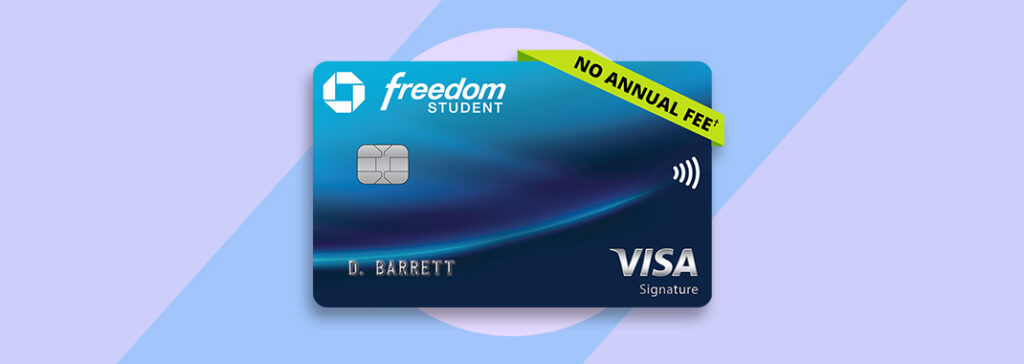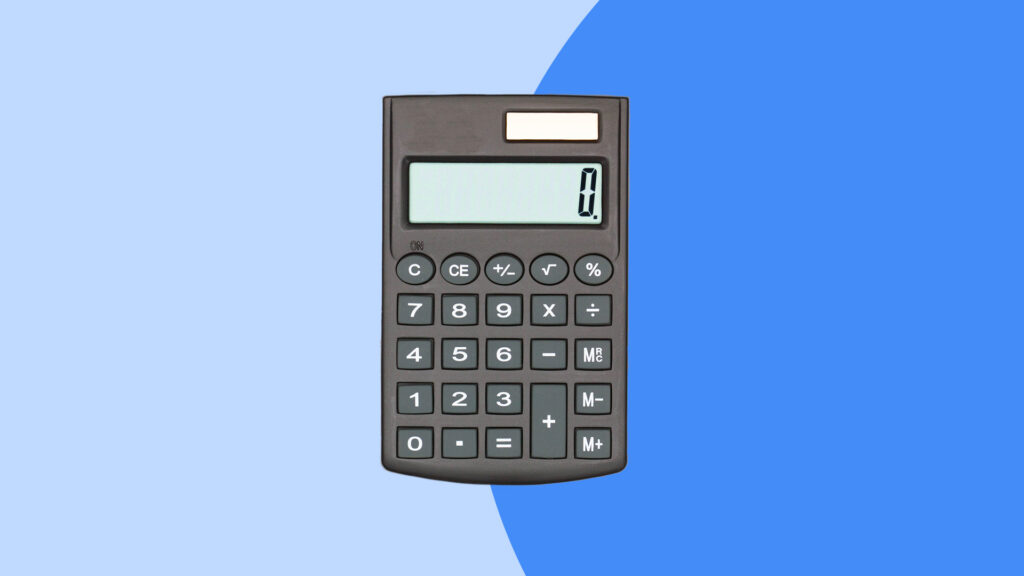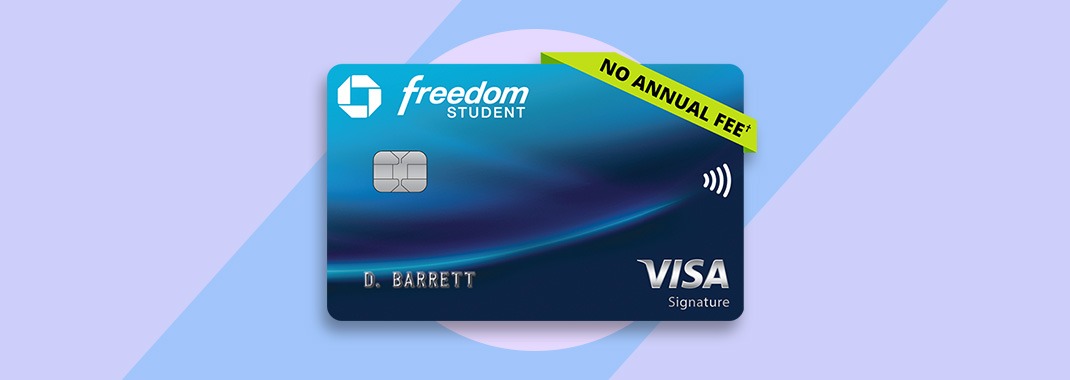Most products on this page are from partners who may compensate us. This may influence which products we write about and where and how they appear on the page. However, opinions expressed here are the author's alone, not those of any bank, credit card issuer, airline or hotel chain.
If you are a student or just starting to build up your credit, you may find it challenging to get approved for a credit card. In many cases, credit issuers will want to see some sort of proof that you are responsible enough to meet your debts and obligations before issuing you a line of credit. But what if you don't have any proof of income or credit history?
Fortunately, there are certain types of credit cards that are marketed as student credit cards for people in these situations. These student credit cards are specifically tailored to students or individuals with limited credit history.
Student Finances How To Apply for a Credit Card as a Student
Here's a general step-by-step guide on how to get started applying for a credit card as a student:
-
1
Know your credit score
Request a free credit report that will provide information about your credit score, which can help give you an idea of what cards you may qualify for.
-
2
Research student credit cards
Look for credit cards that are marketed as "student" credit cards. These cards will typically have less stringent requirements when it comes to credit and income history.
-
3
Gather supporting documents and submit your application
Gather all the necessary information for your application, including proof of income, enrollment in a school (if the card requires it), and co-signer information if you need one.
-
4
Make sure to use your new card responsibly
If you are approved for a credit card, make sure you are using the card responsibly. Pay off your credit card bill in full, each and every month to improve your credit score and put you on the road to financial stability.
The Card Act of 2009: Stricter Qualifications for Students
Before 2009, it was incredibly easy for anyone to get a credit card, including students and others with little or no income. The CARD Act of 2009 changed the game by limiting who could be approved for a credit card, essentially as a way to protect young people from falling into deep credit card debt.
The CARD Act states that anyone under 21 years old must prove they have a sufficient source of income or get a co-signer. If you meet those criteria, you can be approved for a credit card. But if you are a student with limited or no credit history and are looking for a credit card, you might not qualify for many of the premium credit cards out there.
 Related Article
Related Article
Chase Freedom Student Credit Card Review: An Ideal Card for Beginners with a $50 Bonus
How do I qualify for a credit card if I'm a student with no credit history?

If you are a student with no credit score, here are a few things you might want to keep in mind:
- Consider a "student credit card" — Many credit card issuers offer credit cards that are marketed as "student credit cards." The truth is that although these cards are marketed towards students, and often contain perks or benefits for students, you don't have to be a student to apply for and be approved for a student credit card. So if you are a young adult with limited credit history and not currently attending school, you may want to consider a student credit card as well.
- Keep bank records of any income — If you are a full-time student who is not earning income from a job, some banks may accept allowances and regular deposits from your parents towards your income. Leftover scholarship or financial aid money after paying for tuition and covered expenses can also be included. These can count as valid income sources on your credit card application as long as you have the monthly bank statements to show for it.
- Become an authorized user — Parents are able to add someone as an authorized user to one of their existing accounts. If your parents have good credit and regularly pay their bills on-time, putting your name on their credit card can give a boost to your own credit history before you venture out and apply for a card in your own name.
What if I'm denied a student credit card?
Here's what you want to do if you're denied a credit card as a student:
- Check the details of the credit card you applied for — On most credit card landing pages, the credit issuers will give a range of expected credit scores for that card. If you don't have a credit score and are applying for a premium credit card that requires Good or Excellent credit, you're almost certainly going to be denied.
- Call the credit card company for a reconsideration — Many credit card companies have reconsideration lines specifically for people who were initially denied. You can explain the situation to the credit analyst and see if they will reconsider your application.
- Get a copy of your credit report — It's possible that there could be incorrect or inaccurate information on your credit report. If so, you'll want to correct that before applying again.
- Explore other credit options — If you don't qualify for a student credit card, explore other alternatives for people with poor or no credit history. Secured credit cards, for example, require a security deposit that will become your credit line, and are easier to get approval for than unsecured credit cards.
Tips on Using Your Student Credit Card Responsibly
If you were approved for a credit card, congratulations! Managing your credit and your finances is an important first step on the path to a solid financial footing. If you are a student who is using a credit card for the first time, here are a few tips to help you manage your newfound credit:
- Strive to always pay off your credit card, in full, each and every month.
- Avoid buying items you cannot repay in full within a payment cycle.
- Make a budget and try to stick with your budget each month.
- Set up automatic payments from your bank account. This will make sure that you never forget to make a payment.
Following these tips can help you manage your credit more effectively, increase your credit score and increase your odds of a healthy financial future.
 Related Article
Related Article
How Student Loans Can Affect Your Credit Score
Best No Annual Fee Credit Cards
Visit the Marketplace
















